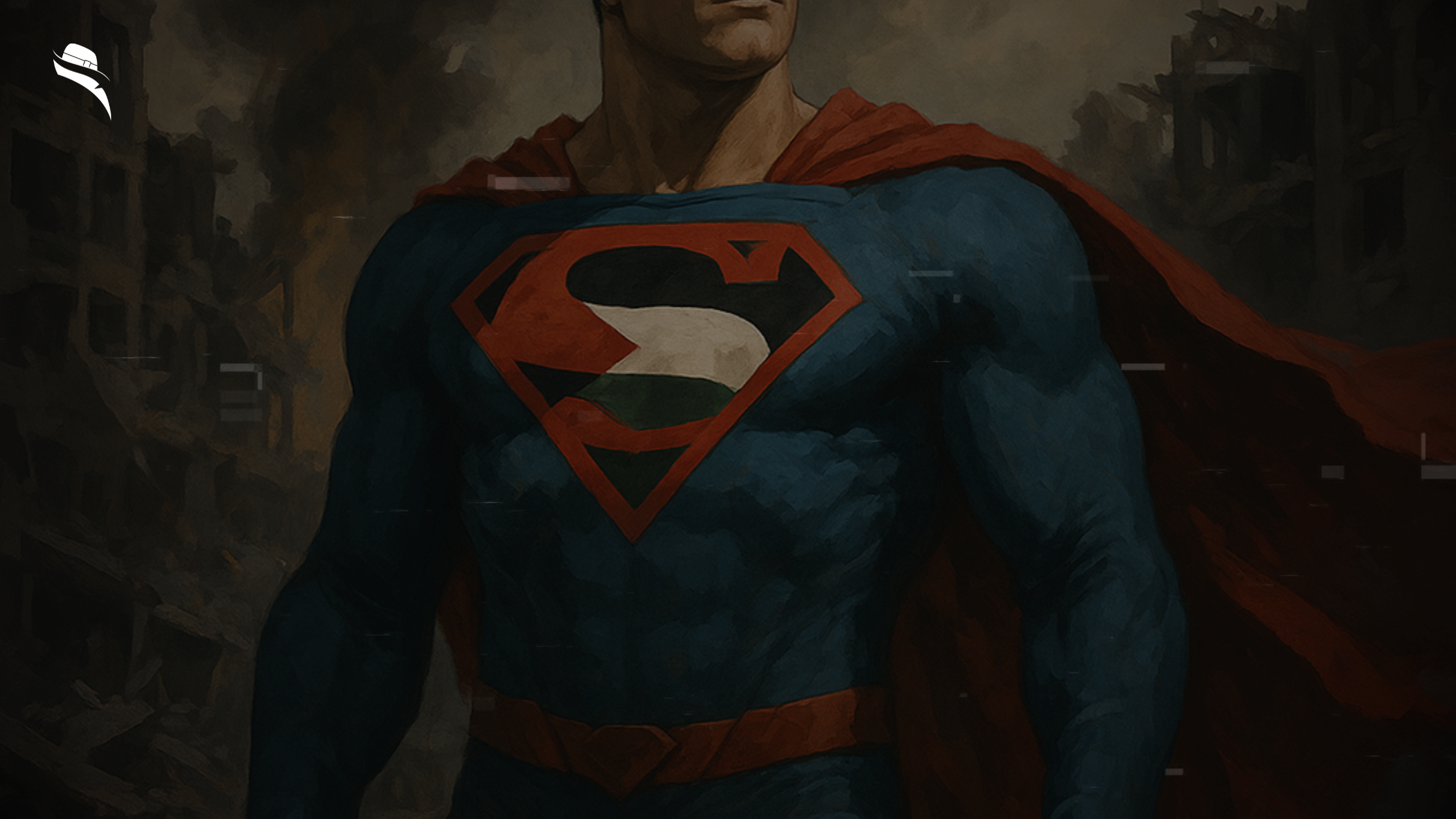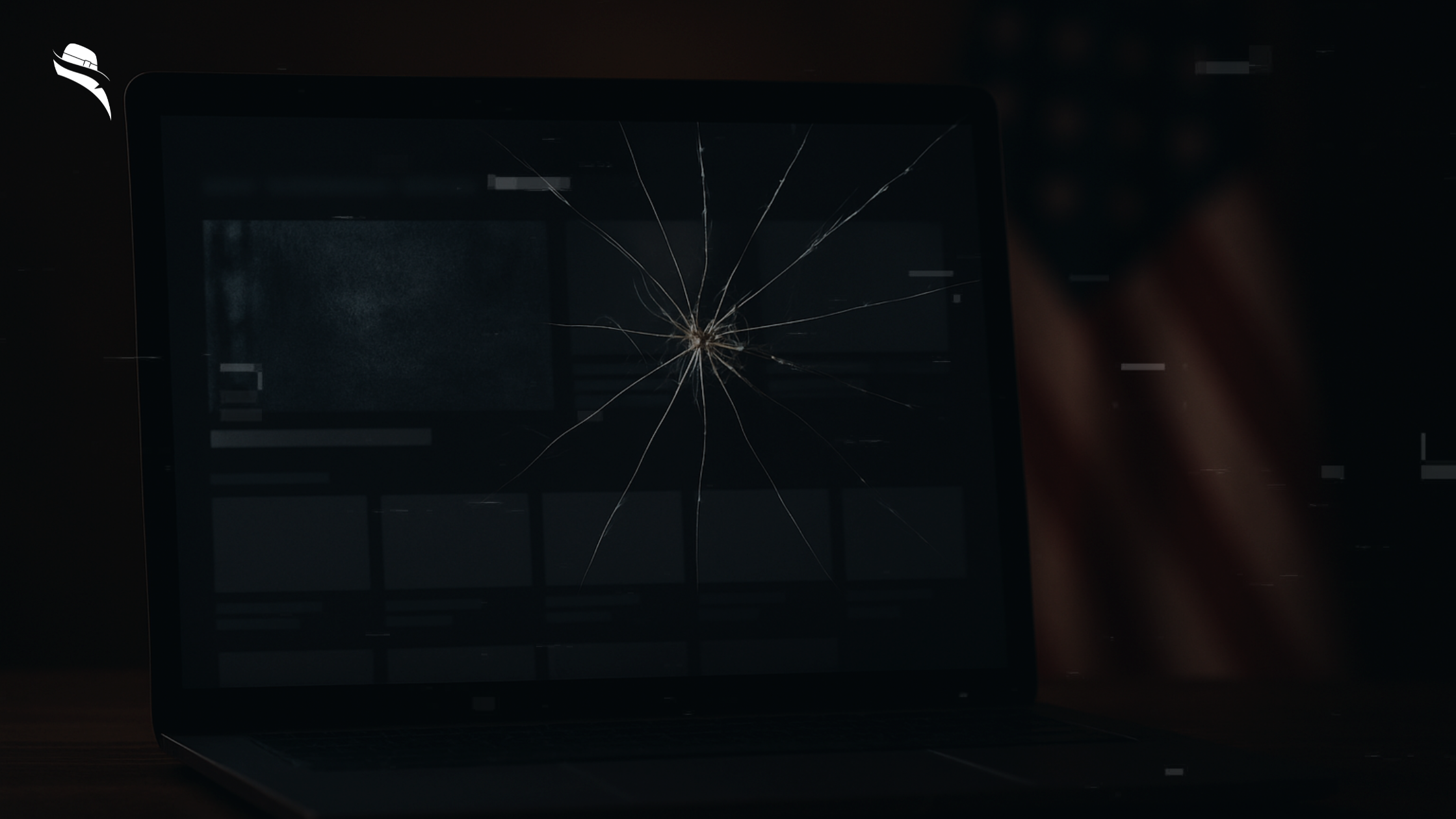The debate over whether the new Superman movie support Palestine has sparked intense discussion following its record-breaking $217 million opening weekend. Viewers have noticed striking parallels between the film’s fictional conflict and real-world geopolitical tensions. Specifically, the movie depicts Superman intervening to prevent the fictional nation of Boravia from invading Jarhanpur, a country with predominantly brown-skinned inhabitants.
Many audience members have identified unmistakable Superman political symbolism in these scenes. The imagery of white-suited Boravian soldiers firing on fleeing civilians has led to fierce comparisons with IDF footage from Gaza. Meanwhile, critics point out that the fictional border conflict features Boravia as a wealthy, militarized state supported by the US, while Jarhanpur is portrayed as a poorer neighboring nation whose civilians face repeated airstrikes and forced displacement.
This article examines the controversial pro-Palestine message in Superman by analyzing the film’s plot elements, visual coding, and public reaction. It explores whether director James Gunn intentionally included commentary on the Israel-Hamas conflict that began in October 2023, or if viewers are projecting current events onto a fictional narrative. As debates continue about whether Superman supports Gaza through its storytelling, understanding both the creative intent and audience interpretation becomes increasingly important.
Plot Setup: Does the New Superman Movie Support Palestine?
James Gunn’s Superman reboot centers on a geopolitical conflict that has sparked considerable debate. At the heart of the story is Superman’s moral struggle when confronting an international crisis with remarkable real-world parallels.
The fictional conflict between Boravia and Jahranpur
The narrative revolves around Boravia, depicted as an Eastern European nation with Russian-speaking leaders and onion-domed buildings, attempting to invade its neighbor, Jahranpur. This fictional conflict forms the backdrop for Superman’s moral dilemma. Jahranpur is clearly portrayed as an economically ravaged country populated primarily by people of color, many visibly Muslim. The visual contrast is stark – Boravia represents military might with advanced technology, whereas Jahranpur’s defenders wield merely “pitchforks and shovels”.
Boravia’s president, Vasil Ghurkos, speaks with a thick Eastern European accent and, according to some viewers, resembles a “caricature mix of Benjamin Netanyahu and David Ben-Gurion.” Throughout the film, Boravia maintains a close relationship with American corporate interests, particularly through Lex Luthor, who makes a deal to supply weapons in exchange for half of Jahranpur’s territory.
Superman’s intervention and its consequences
Superman (David Corenswet) initially prevents Boravia from invading Jahranpur and warns President Ghurkos to leave the country alone. This intervention creates significant political backlash since Boravia is a United States ally. During a pivotal interview, Lois Lane questions Superman about the ethics of his actions, particularly when Boravia claims they’re liberating Jahranpurians from tyranny.
Subsequently, Superman faces defeat by a metahuman called the “Hammer of Boravia”. As the plot unfolds, Lex Luthor smears Superman by broadcasting a manipulated Kryptonian message suggesting Superman intends to conquer Earth. Public opinion turns against the hero, leading to his surrender to the U.S. government, which hands him over to Luthor.
Key characters and their roles in the storyline
Besides Superman, the film features several key characters. Lex Luthor (Nicholas Hoult) serves as the primary antagonist – an Elon Musk-style billionaire and military contractor obsessed with defeating Superman. According to Hoult, Lex resents Superman because “this alien has come along who has all those things come naturally to him”.
The Justice Gang includes Superman, Green Lantern, Mister Terrific (Edi Gathegi), and Hawkgirl (Isabela Merced). Mister Terrific is portrayed as “an atheist who believes in justice,” while Hawkgirl is described as a “gruff, mace-wielding member”. Additionally, Metamorpho (Anthony Carrigan) appears as a superhero archaeologist caught between good and evil.
The film also features Malik Ali, a falafel vendor who befriends Superman and is later murdered by Luthor, fueling Superman’s determination.
The Political Allegory: Is Jahranpur Palestine?
“”Kindness is punk. Superman that freed Palestine is my fav[ourite] movie of the year so far,”” — Mia Khalifa, Lebanese-American media personality and activist known for pro-Palestinian advocacy
The visual and narrative elements in Superman have fueled intense debate about whether the film contains an allegory for the Israel-Palestine conflict. Despite James Gunn’s insistence that he wrote the script before the current Middle East conflict escalated, many viewers have drawn unmistakable parallels.
Visual and cultural coding of Jahranpur
Jahranpur is unmistakably coded as Middle Eastern through its visual representation. The country is populated predominantly by brown-skinned people, many visibly Muslim. In contrast to Boravia’s advanced military technology, Jahranpurians are shown wielding only “pitchforks and shovels”. This stark visual contrast establishes a narrative of technological privilege versus impoverishment that resonates with many viewers’ perceptions of Gaza.
Boravia as a stand-in for Israel?
Numerous elements suggest Boravia symbolizes Israel. The fictional nation is portrayed as a wealthy, militarized state with strong US backing. The climactic battle scene—where Boravian tanks and troops break through a fence into crowds of Jahranpurians—evokes images from the 2018-2019 Gaza border protests. Furthermore, the Boravian leader physically resembles “a caricature mix of Benjamin Netanyahu and David Ben-Gurion“.
The David vs. Goliath narrative
The film “leans heavily into the idea, as old as David and Goliath, of a weaker neighbor fending off a powerful foe”. This archetypal framing aligns perfectly with how many viewers conceptualize the Israeli-Palestinian conflict, though Israel’s supporters reject this characterization.
Audience Interpretations and Online Reactions
“”Feels like a major cultural movement that Israel is quite clearly the bad guy villain country in a big budget Hollywood movie. Going in I thought it would be subtle, but it was not subtle. My mind is blown,”” — Krystal Ball, American political commentator and podcast host
As soon as the film hit theaters, social media platforms erupted with heated discussions about the potential pro-Palestine message in Superman. The film’s political symbolism became a focal point of online discourse.
Social media buzz and viral takes
TikTok videos analyzing the film’s alleged anti-Israel stance gained enormous traction. One creator’s video claiming the movie is “explicitly anti-Israel” reached 3.7 million views, while another video explicitly stating “Superman just EXPOSED Israel On The Big Screen” circulated widely. On X (formerly Twitter), a post describing the film as “anti-Israel and pro-Palestine” garnered 4.5 million views, demonstrating how this interpretation resonated across platforms.
Pro-Palestine message in Superman: real or imagined?
The question of whether Superman political symbolism was intentional remains contested. One TikTok creator confidently asserted, “It’s pretty clearly supposed to be Israel and Palestine”. Nevertheless, other viewers pointed out that Boravia and Jahranpur are depicted as Eastern European nations and South Asian countries, respectively, not Middle Eastern states.
Criticism from pro-Israel communities
The film faced backlash from pro-Israel audiences. A Reddit user in r/Jewish described feeling saddened to see “Superman being used as anti-Israel propaganda”. Moreover, some conservative viewers have labeled the film “Superwoke”, with calls for boycotts emerging across social media.
Influencer and critic commentary
Left-wing commentator Hasan Piker described the movie as “two hours and like 10 minutes of fuck Israel the entire time”. Conversely, conservative commentator Ben Shapiro argued that the conflict “does not match up to the facts” of Israel-Gaza. Film critics have added their perspectives, with some noting the “unavoidable parallels” to real-world conflicts.
Director’s Intent vs. Public Perception
Amid fierce online debate, the creative vision behind the controversial Superman film has come under intense scrutiny. The question remains: was the apparent pro-Palestine message intentional or merely coincidental?
James Gunn’s statements on the film’s meaning
Director James Gunn has repeatedly denied intentional political parallels, insisting that he wrote the script in 2022, before the current Gaza conflict escalated. In fact, Gunn addressed the controversy directly on social media, stating the film “has nothing to do with real-world events.”
The gap between creator intent and viewer interpretation
Nonetheless, the distance between authorial intent and audience reception highlights a fundamental principle in media criticism—once released, art exists independently of its creator’s intentions. Certainly, viewers bring their own experiences and current events to their understanding of films. As one critic noted, “It doesn’t matter what Gunn intended; what matters is what people see on screen.”
Superman political symbolism: accidental or deliberate?
Perhaps the film’s resonance with real-world conflicts stems from Superman’s long-standing role as an American cultural icon rather than deliberate allegory. Historically, Superman stories have explored questions of power, responsibility, and intervention—themes that are naturally applicable to international conflicts. Ultimately, regardless of Gunn’s stated intentions, the visual parallels between the fictional conflict and real-world events have created a cultural touchpoint that transcends the filmmaker’s original vision.
Final Thoughts
Beyond the heated discussions and political interpretations, Superman’s box office performance tells its own story. Notably, the film grossed $122 million domestically and $217 million worldwide during its opening weekend, proving that controversy hasn’t deterred audiences. Indeed, this success marks a significant win for DC Studios after several consecutive flops.
Throughout the debate, James Gunn has maintained that when he wrote the screenplay, “the Middle Eastern conflict wasn’t happening”. He explained he “tried to do little things to move it away from that”, yet his statements haven’t quelled the ongoing discussions. Essentially, as film critic G. Allen Johnson noted, it remains “chilling how many scenes reflect current reality”.
Pop culture scholar Dan Hassler-Forest suggests the ambiguity around political references serves both artistic and commercial purposes, allowing “audiences with different views to find something to identify with”. This ambiguity ultimately gives filmmakers “plausible deniability”.
The significance of Superman extends beyond entertainment. As one commentator observed, “a movie like Superman entrenches culturally certain perspectives in a way that all the political activism, analysis, protests, and even exposure of the truth can’t”. Perhaps what matters most isn’t resolving whether Superman supports Palestine, but understanding how cultural narratives shape our perception of real-world conflicts.
FAQs
Does the new Superman movie support Palestine?
While the director has denied political intentions, many viewers interpret the film’s storyline and visuals as supportive of Palestine, especially in the portrayal of the fictional country of Jahranpur.
Is Boravia in the Superman movie meant to represent Israel?
Many online commentators have drawn parallels between Boravia and Israel, citing its advanced military, U.S. backing, and the imagery of border conflict resembling scenes from Gaza.
Who is Jahranpur supposed to represent in Superman?
Jahranpur, a fictional impoverished nation with mostly brown-skinned, Muslim inhabitants, is widely interpreted as an allegorical representation of Palestine.
What did James Gunn say about the Superman–Palestine comparisons?
James Gunn stated that the script was written in 2022, before the recent escalation in Gaza, and denied that the movie was intended as a political commentary on the Israel-Palestine conflict.
Why are people calling the Superman movie pro-Palestine?
The movie features imagery of civilians under attack, a foreign occupation, and a powerful nation facing off against an oppressed one — themes many associate with the Israel-Palestine conflict.
Is the new Superman movie being criticized for political messaging?
Yes, the film has faced backlash from some pro-Israel voices, with accusations that it promotes anti-Israel or “woke” narratives. Others see it as a necessary reflection of current events.
What role does Lex Luthor play in the political allegory?
Lex Luthor is portrayed as a U.S.-backed weapons dealer who manipulates the conflict, echoing real-world critiques of military-industrial influence on foreign policy.
Is the Superman movie banned or boycotted in any countries?
As of now, there are no confirmed bans, but some conservative commentators have called for boycotts due to perceived political bias in the film.
How are social media platforms reacting to Superman’s pro-Palestine symbolism?
TikTok, X (Twitter), and Reddit have seen viral posts dissecting the film’s possible political message. Videos claiming Superman “exposed Israel” have gained millions of views.
Can movies like Superman influence public opinion on global conflicts?
Yes, many believe that cultural portrayals, especially in blockbuster films, shape public perception more effectively than news or political analysis.



2 Comments